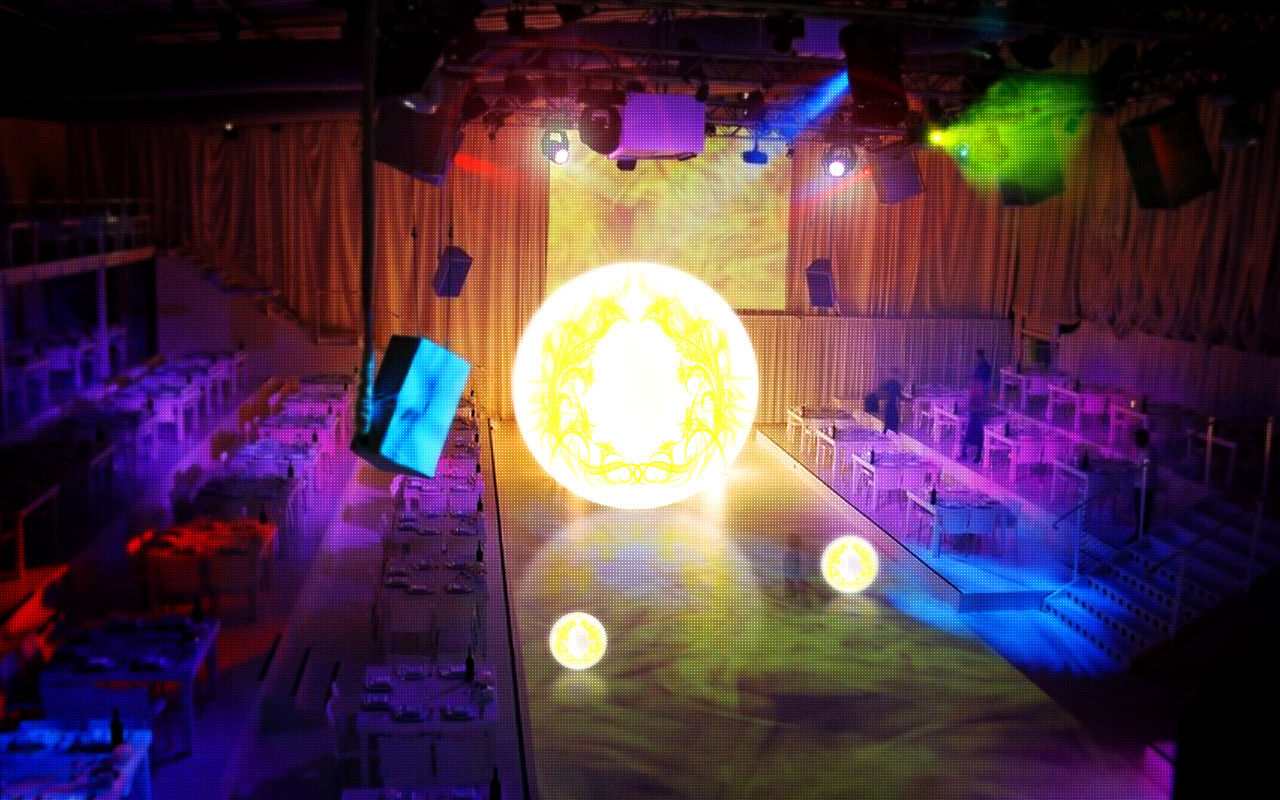
Method
The research was be based on protocols of a qualitative nature, where the words and the experiences of young people had a privileged position. Actively listening to our participants, we used several techniques that allowed us to understand their subjectivities and biographies, as well as the objective constraints and opportunities they have to deal with.
In the area of Lisbon, we started by identifying and selecting 3-4 different training contexts for each occupation under analysis.
Entering the research field, we interviewed at least one person responsible for each training context, connected to the courses in the areas we studied. We conducted 19 interviews with representatives of training contexts, interlocutors that acted as gatekeepers and facilitators to access the students. (Interview schedule for representatives of training contexts)
This phase of the field work was followed by the organization of focus groups with young future professionals, or beginners, as we called them, recruited inside each training context. We conducted 12 focus groups. This technique allowed us to explore confluent and dissident symbolic frames and collective representations about each occupation under analysis.
Afterwards we selected – mainly from focus group participants – some young beginners to interview individually. The criteria used to select those participants were social origin, gender and representativeness of different patterns during focus group participation. At this point of the field work we made 39 in-depth comprehensive interviews to young people getting training in all occupational areas (8 to 14 interviews per area), with medium ages between 18 and 23 years old.
At the same time, 35 individual interviews, comprehensive style, were conducted with young adults already working in all occupational areas (8 to 10 interviews per area), aged between 23 and 43 years old. The criteria was the selection of different profiles regarding transition to labour market and public recognition, and gender.
Additionally we explored direct observation and video capturing protocols, mainly at the training contexts, during training situations and evaluation moments. The main purpose for the use of images was to access the concrete practices and bodily actions of young people, facilitating the production of information otherwise hard to access through interview techniques.
This material also allowed the production of the documentary BEYOND FAME. BACKSTAGE OF NEW “DREAM JOBS”, directed by Paula Vanina Cencig and Vítor Sérgio Ferreira. The documentary has been a fundamental piece for the dissemination and debate of research outcomes in an accessible way for non-academic audiences, namely young people, teachers and youth workers.